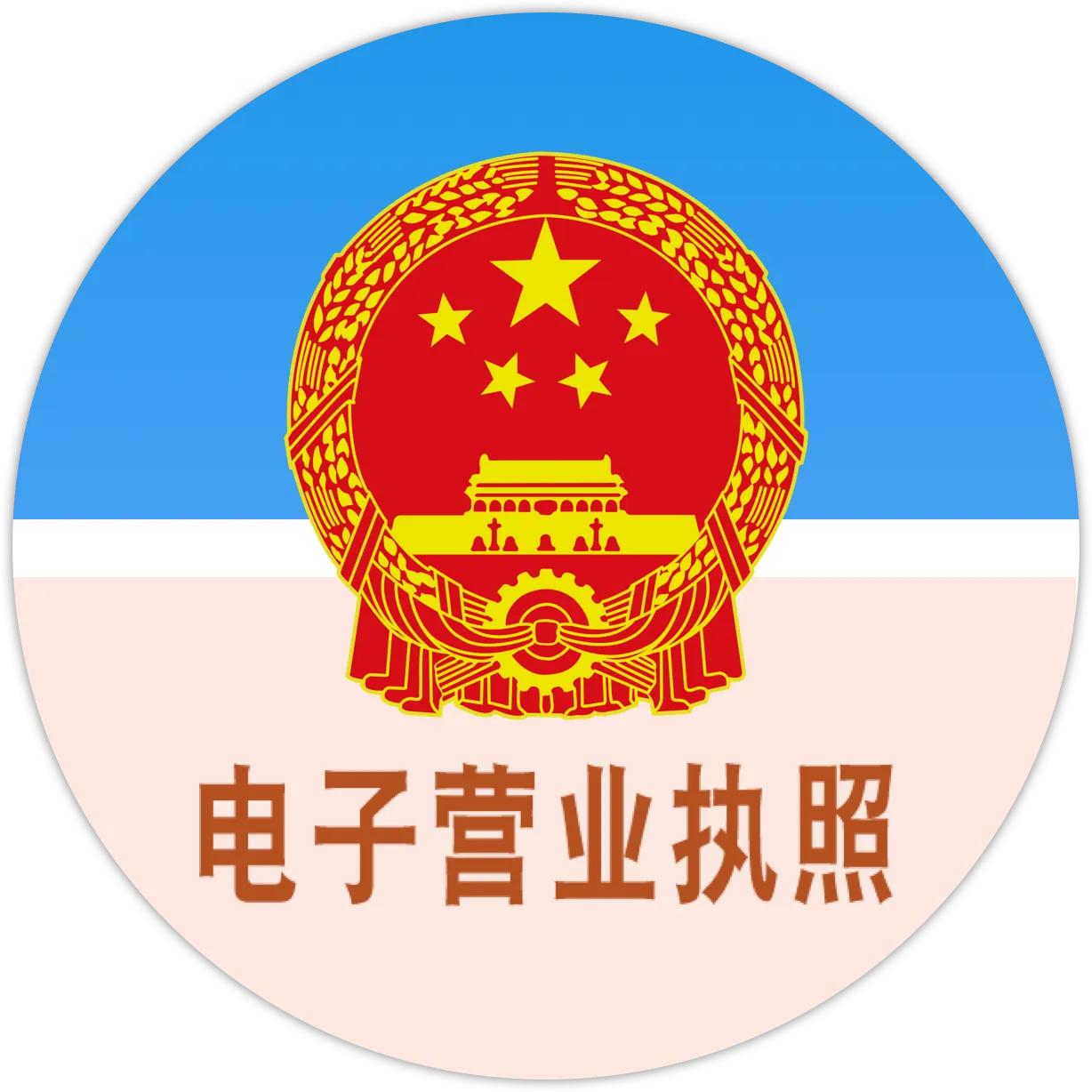
Paomo history
2022.10.13
History of Steamed Bread with Beef and mutton in Shaanxi
The history of mutton steamed buns can be traced back to the 11th century BC.
In the Western Zhou Dynasty, mutton soup was listed as the "ritual food" of kings and princes. According to the Book of the Song Dynasty, Mao Xiuzhi in the Northern and Southern Dynasties, because of the unique taste of offering mutton soup to Emperor Wu, Emperor Wu appointed Xiuzhi as the Supreme Commander, and later became the Shangshu Guanglu Doctor. In the Sui Dynasty, more than 1400 years ago, there was a beautiful dish called "thin offerings without sudden mutton soup" in Xie Xie's Shijing. According to the literature, the imperial meals and market stores in the Tang Dynasty were good at making soup. "Three days into the kitchen, wash your hands for soup". Mutton soup is a soup made of mutton, which is the embryonic form of today's steamed bun soaked in beef and mutton. It is said that Zhao Kuangyin, the Emperor Taizu of the Song Dynasty, lived in the streets of Chang'an (today's Xi'an City) because of poverty when he was not successful. One day, there were only two pieces of dried steamed buns left on his body. Because they were too dry to bite, he was worried about being unable to swallow. It happened that a mutton shop was cooking mutton on the roadside. He went to beg for a bowl of mutton soup, hoping to make the steamed buns soft and eat them again. The shopkeeper saw that he was pitiful, so he asked him to break the steamed bun into pieces and doused a spoonful of mutton soup that was rolling. Zhao Kuangyin took the steamed bun and ate it with a big mouth. The food made his body warm, his head sweating, his hunger and cold gone, and his spirit doubled. After eating, he thanked the shopkeeper repeatedly and continued his journey.
Ten years later, in 960 AD, Zhao Kuangyin became the founding emperor of the Northern Song Dynasty, and was called Taizu. Although the palace has all kinds of delicacies, he always feels that they are not fragrant. When he went on a tour of Chang'an, he passed by the mutton shop where meat was cooking and the smell was overflowing. Zhao Kuangyin couldn't help thinking of the scene of eating mutton soup and making steamed buns ten years ago, so he ordered the shopkeeper to stop and make a bowl of mutton soup and making steamed buns. The shopkeeper panicked. Because the shop didn't sell steamed buns, what was he going to make? Second, because the emperor came to eat, it was not trivial to ask his wife to bake some cakes at once. When the cakes were ready, the shopkeeper saw that they were dead (dull) and not very familiar. Afraid that the emperor would get sick after eating, he broke the steamed bun into pieces, cooked the soup and boiled it. A few large pieces of mutton were put on it, and the seasoning was carefully prepared. Unexpectedly, the emperor praised him after eating, and ordered his attendants to give the shopkeeper 100 liang silver. It spread all over Chang'an, and some curious people wanted to try it. As soon as the fruit tasted good, more and more people came to the shop to eat Paomo. Due to the booming business of Paomo, mutton is sometimes not available, so beef is used instead, and customers break the bun instead of "waiter". As time goes by, Chang'an's unique flavor food is formed. Su Dongpo, a great litterateur in the Northern Song Dynasty, once wrote a poem praising that "there are bears and wax in the Gansu cuisine, but only mutton soup in the Qin Dynasty". In the seventeenth year of Chongzhen in the Ming Dynasty (1644 AD), after the opening of the Tianci Building, which specializes in making steamed buns with beef and mutton, in Xi'an, the famous chef Ma Jianxing took charge of the building. The restaurant was full of customers, and the business was booming. It was famous throughout the ancient city. In the late Qing Dynasty (1900), when the Eight Power Allied Forces captured Beijing, Empress Dowager Cixi fled to Xi'an with Emperor Guangxu. She came here to taste and praised it. At that time, British expatriates who worked in the postal service of the Chinese Association also often came to dinner.
In 1936, before the Xi'an Incident, General Yang Hucheng, the general of the Northwest Army, invited Chiang Kai shek to a feast in Xi'an with mutton soaked buns. In 1947, when the Kuomintang was running for the National Congress, it used mutton steamed buns to win votes. At that time, the newspaper headline was: "If you want to run for the National Congress, please eat mutton steamed buns first." A bowl of mutton steamed buns was exchanged for a vote. In the 1950s, beloved Premier Zhou Enlai, Vice Premier Chen Yi and Comrade Li Da once hosted a dinner in Xi'an for former King Mahendra of Nepal and President Ho Chi Minh of Vietnam. After tasting it, British Marshal Montgomery said happily, "Today I have once again enjoyed Chinese food civilization". Later, the beef and mutton steamed buns were settled in Beijing, the capital. The National Culture Palace in Beijing and the Xi'an restaurant in Xinjiekou both operate beef and mutton steamed buns. The steamed buns with beef and mutton in Xi'an Restaurant were also favored by Chairman Mao Zedong and Marshal Peng Dehuai, who once went to taste them in admiration of their names. In 1986, the Diaoyutai State Guesthouse in Beijing invited Xi'an technicians to teach the skills of making steamed buns, which made the local flavor food, beef and mutton, one of the national feasts, more valuable.
Beef and mutton steamed buns are different from ordinary meals. They not only require the chef to be skilful and meticulous in the process of steamed bun making, meat cooking, meat cutting, steamed buns cooking, but also require the diner to closely cooperate with the chef and pay attention to "knowing how to break steamed buns" and "knowing how to eat".
Before eating, the waiter will put the sweet garlic, coriander, chili sauce and sesame oil on small plates and place them on the table. Customers can choose by themselves according to their own preferences and put them in a bowl. They can't stir back and forth when eating to avoid diarrhea. You can only "nibble" from one side bit by bit, so that you can always keep the taste unchanged. At the same time, add sweet garlic. After dinner, you should also drink a small bowl of soup made of original soup and vermicelli, and then drink two cups of Hunan Anhua strong tea. You will feel relaxed and happy, with a delicious aftertaste!





